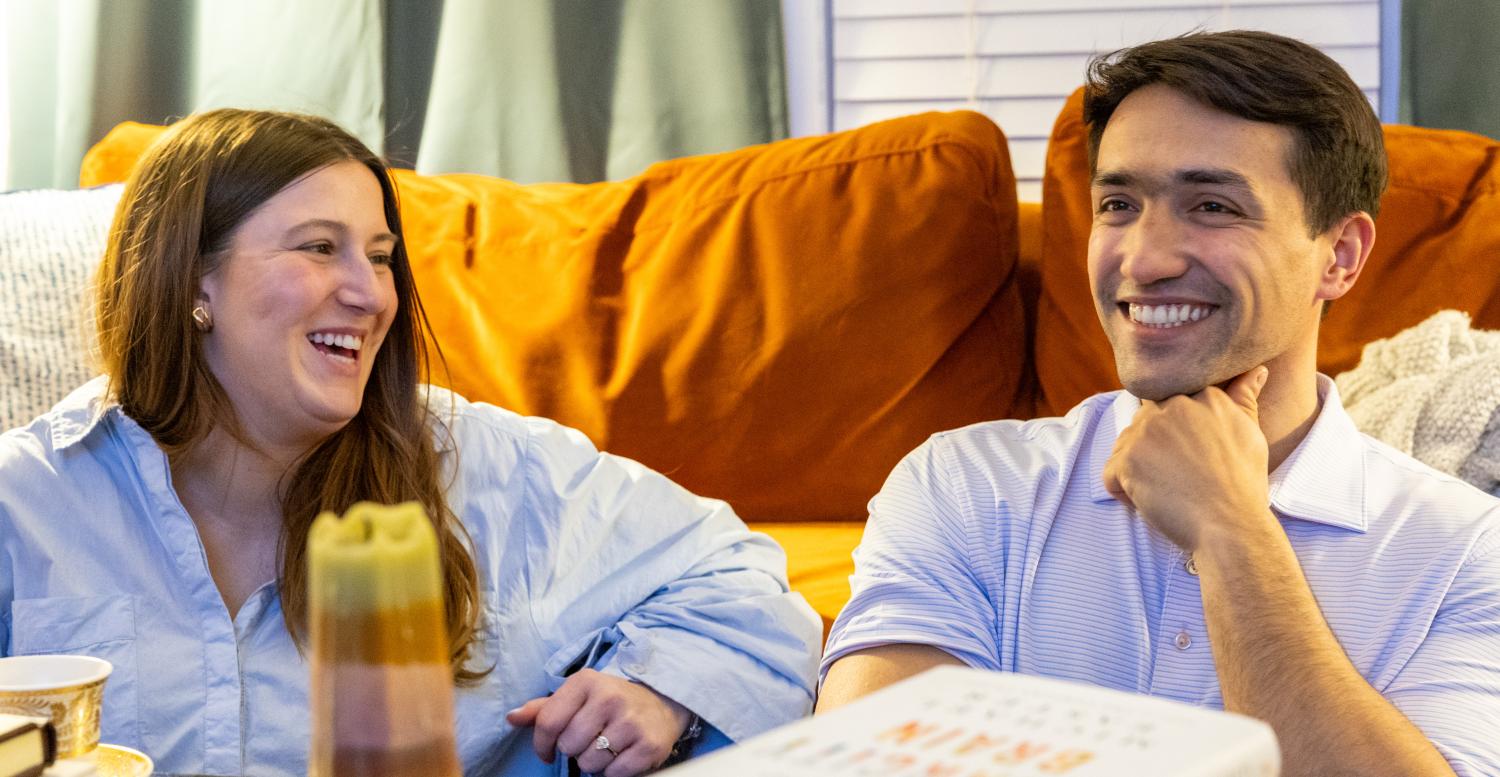Bosnian refugees build bonds over decades
Story by Oliver Wood-Morris
Photos by Lindsey McIntosh
Design by Hanna Kronfeld
Editor’s Note: This article was originally released in Issue 18 of the WKU Talisman print magazine. Click here to read more articles from the Talisman’s semesterly print.
In 1994, Kenan Mujkanovi’s mother, Erma Mujkanovi was among the first five Bosnian families to arrive in the United States, seeking refuge from the war in their home country. Like many others, her family brought little beyond the clothes on their backs and a few belongings — often photographs of loved ones or small mementos from home.
Kenan Mujkanovi, a 2019 WKU alumnus, reflects on this history and the broader immigrant experience.
“The United States of America is a country of immigrants,” he said. “Starting from Ellis Island, the country was built upon immigrants.”
Kenan Mujkanovi explained that the Bowling Green Bosnian community shares a common story of humble beginnings, which they deeply value.
“My family shared a small two-bedroom apartment with other families, and we didn’t know any English,” Erma Mujkanovi said. “We had to work and go to school at the same time. At first, it was really hard, but the neighbors were kind, and we worked together to build a life. We had struggles, but we had a strong community that helped us through.”
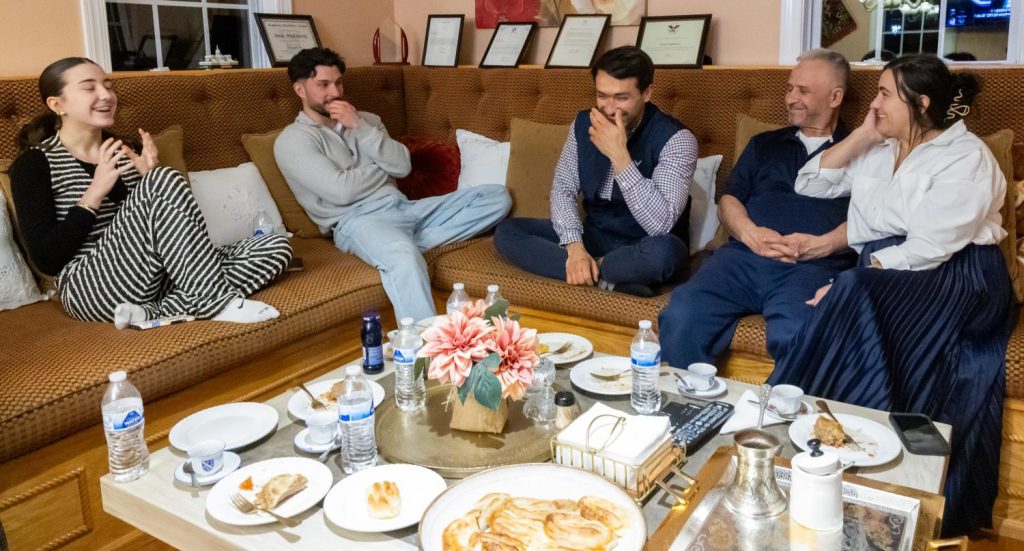
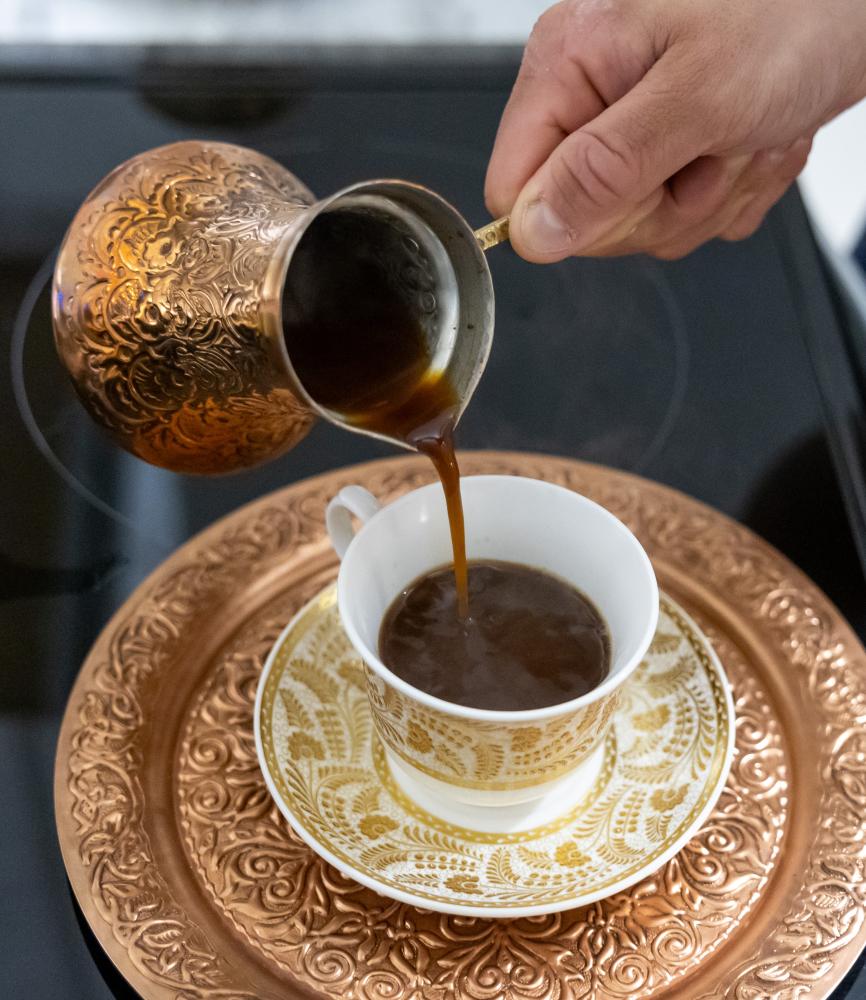
“The Mujkanovi family often gathers in the evenings to drink coffee, sometimes with dessert. While Kenan Mujkanovi now lives in his own apartment, his family still lives together, and they continue this tradition, though not every night.”
For many Bosnians, according to Kenan Mujkanovi, coffee is more than a beverage, but a time to connect and share the experiences of their day. This is especially true during Ramadan, a time when the importance of family and faith is even more pronounced.
For the Mujkanovi family, Ramadan traditions are an opportunity to reinforce the bonds of community while also practicing their faith.
“We host iftars, breaking our fast with large meals after prayer,” Kenan Mujkanovi said. “It’s a time for humility and gratitude and to remember how many people have the privilege of enjoying a meal like we do.”
In the mid-1990s, many Bosnians came to Bowling Green in an attempt to flee the Srebrenica genocide in their home country, according to the article “Bosnian Culture In Kentucky” published by Kentucky Educational Television. The war came after Bosnia declared independence from Yugoslavia, which was opposed by Bosnian Serbs. The Bosnian Serbs declared a military campaign and partook in an ethnic cleansing of the Muslim Bosnian population, according to the United States Holocaust Museum website.
According to the Kentucky Refugees website, Kentucky began receiving its first group of refugees after the end of the Vietnam War in 1975 through Catholic Charities and the Archdiocese of Louisville. Since that time, Kentucky has had a proud history of welcoming refugees from all around the world. Strong employment opportunities and resettlement initiatives have contributed to Bowling Green’s growing immigrant population.
Kenan Mujkanovi recalled his childhood in Rock Creek, a neighborhood in Bowling Green where many Bosnian families settled.
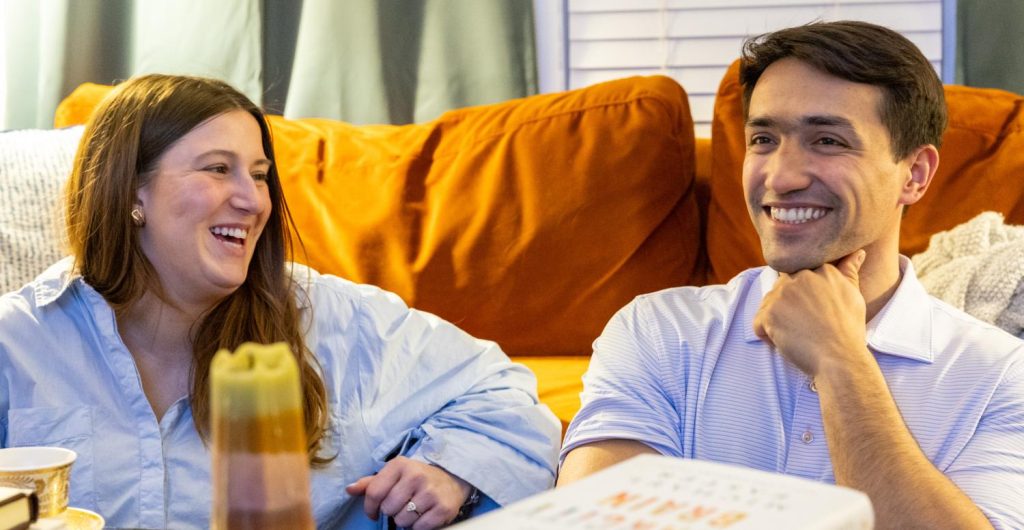
“It was like little Bosnia for us,” Kenan Mujkanovi said. “Everyone who came here was living in that area. We shared everything: meals, traditions, struggles. It made adjusting easier, but at the same time, you always felt like you had a foot in both worlds.”
Ilma Mujkanovi, Kenan’s sister, while enjoying coffee with her family, said the neighborhood stayed connected through shared experiences over the years. She received a box of mementos that held special meaning, including items from her babysitter, a family friend who arrived in the United States during World War II.
“She could relate to starting over in a foreign place and understood what it felt like to leave home because it was no longer safe,” Ilma Mujkanovi said.
This experience and the support provided to the family created a special connection between the Mujkanovi family and their babysitter. Ilma Mujkanovi said they remained close, with her attending many family events until she passed away.
Kenan Mujkanovi recalled how, in his own household, children played a key role in the resettlement process. They often assisted their parents with studying for citizenship tests while also learning English, navigating American schools and adjusting to new cultural expectations. As his family settled in, they contributed to Bowling Green’s culture and economy.
Erma Mujkanovi said that during her first few years in Bowling Green, her family didn’t have a car, so she and her sisters would walk together to the store. They would ask to borrow a shopping cart, with the promise to return it, so they could transport their groceries back home. They had to be resourceful with what they had, she said.
Kenan Mujkanovi said that many Bosnian immigrants in Bowling Green have demonstrated similar resourcefulness, with several starting businesses and contributing to the local community.
“A lot of entrepreneurs and successful figures have come from our community,” Kenan Mujkanovi said.
He said there are multiple examples in Bowling Green like Behar Cafe, Pub by Novo and Almadina International Market. He also highlighted successful professionals in real estate, law and finance, naming real estate agents Aida Huric and Alen Huseinbegovic, as well as the trucking business TAZ trucking, owned by Tahir Zukic, who came to Bowling Green as a refugee in 2000.
Kenan Mujkanovi said his parents have also made significant contributions to the Bosnian community and Bowling Green area. Erma Mujkanovi serves as a circuit court clerk for the Warren County Justice Department, while Izet Mujkanovi works as a mechanic for Gary Force Toyota.
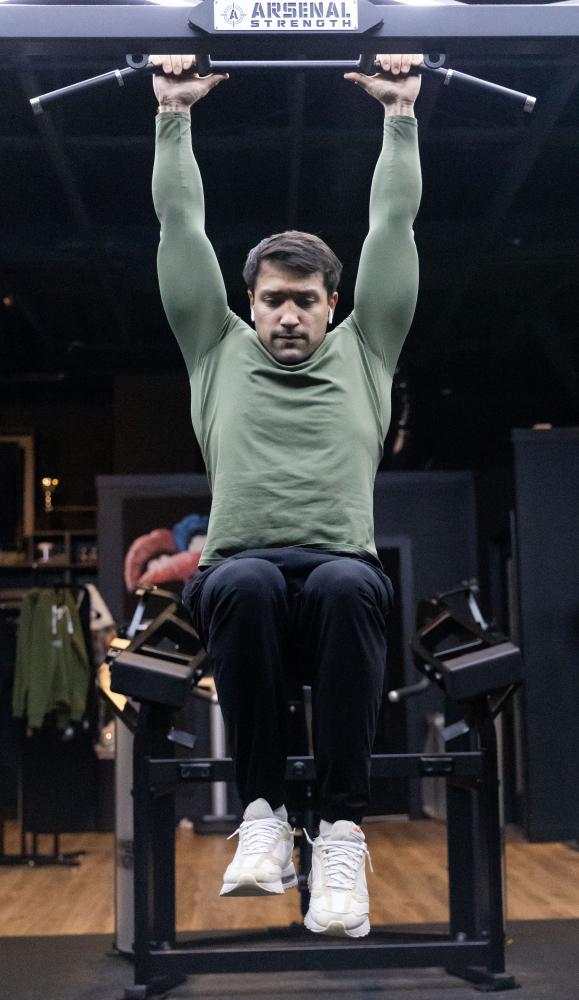
One way the Bosnian community stays connected, Kenan Mujkanovi said is through annual gatherings such as the Remembrance Walk for Srebrenica — a commemorative walk held to honor the victims of the Srebrenica genocide — which serve as a reminder of the events that transpired during the Bosnian War. Kenan Mujkanovi said that each year, usually on July 11, which marks the anniversary of the genocide, the Bosnian community in Bowling Green holds a walk at Fountain Square to commemorate the 8,732 lives lost.
In addition to the annual walk, bikers and motorcyclists participate in a ride that symbolizes the journey the victims made to safety in Srebrenica. Kenan Mujkanovi described the ride as a powerful tribute. “It’s really unifying and brings the community together during a time of mourning,” he said.
Kenan Mujkanovi said that apart from remembrance events, the Bosnian American Association, located on Old Morgantown Road in Bowling Green, is a gathering place for social events. Sports tournaments, including soccer, basketball and volleyball, are used as a way to bring the community together.
“We host tournaments and bring Bosnians from across the country together,” Kenan Mujkanovi said. “It’s more than just a game. It’s a way to stay connected to our culture and community.”
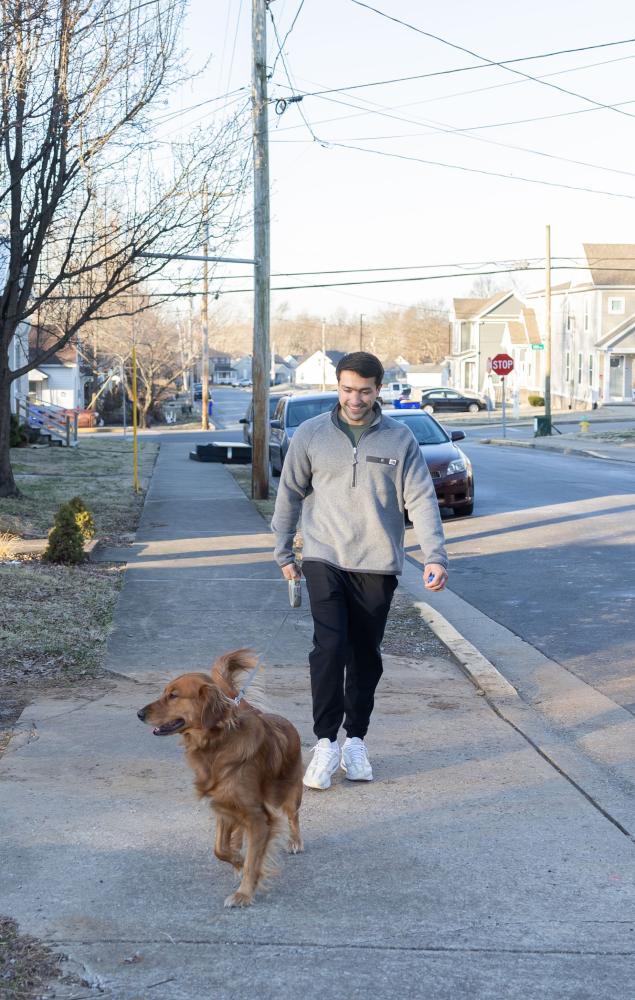
The challenges faced by the Bosnian community and other immigrants in Bowling Green includes navigating shifting immigration policies during the administration of President Donald Trump. A report by the Bowling Green Daily News said Trump’s indefinite suspension of refugee arrivals affected local resettlement efforts, halting flights for over 50 refugees scheduled to arrive in Bowling Green.
The refugees who would be arriving are considered by the United Nations High Commission for Refugees as those who are the most vulnerable, said Albert Mbanfu, Executive Director of the Bowling Green International Center, as reported by the Bowling Green Daily News.
“It’s disheartening to see policies that make it harder for immigrants to seek opportunities,” Kenan Mujkanovi said. “We never forget where we came from, but we also don’t forget the community that’s provided us these opportunities to give back and thank them in various retrospects.”
Since 1979, when Bowling Green was designated as a refugee resettlement site, according to Harvard University’s website, the city has continued to welcome refugees and immigrants; however, national policies affecting immigration and refugee admissions have created uncertainty. Organizations like the International Center of Bowling Green and other immigration support centers have provided resources to help refugees adjust to life in the United States. They have also offered guidance to those seeking assistance.
According to the International Center of Kentucky website, the center provides services to help immigrants and refugees resettle into the community, including assistance with employment, education, housing, healthcare and more.
As of January 2025, an executive order has been issued suspending the U.S. Refugee Admissions program, according to the White House website. This order terminated the support for entering refugees, along with federal funding for associated organizations. Non-profit organizations, like the International Center, rely on funding and grants to continue operations, leaving concerns for how support will look in the future.
With these challenges in mind, many young Bosnians are also becoming more engaged in civic life. Kenan Mujkanovi said the goal in his experience as a child of immigrants is to take the life his parents have provided for him and work to better it as a way of giving back to his parents.
Kenan Mujkanovi, who serves on the Bowling Green board for code enforcement and other local committees, said leadership roles are incredibly important. He said that civic engagement allows younger generations to support the very people who sacrificed to give them opportunities.
“Our parents came here with nothing and built a life for us,” Kenan Mujkanovi said. “Now it’s our turn to step up, be involved and make sure their struggles were not for nothing.”
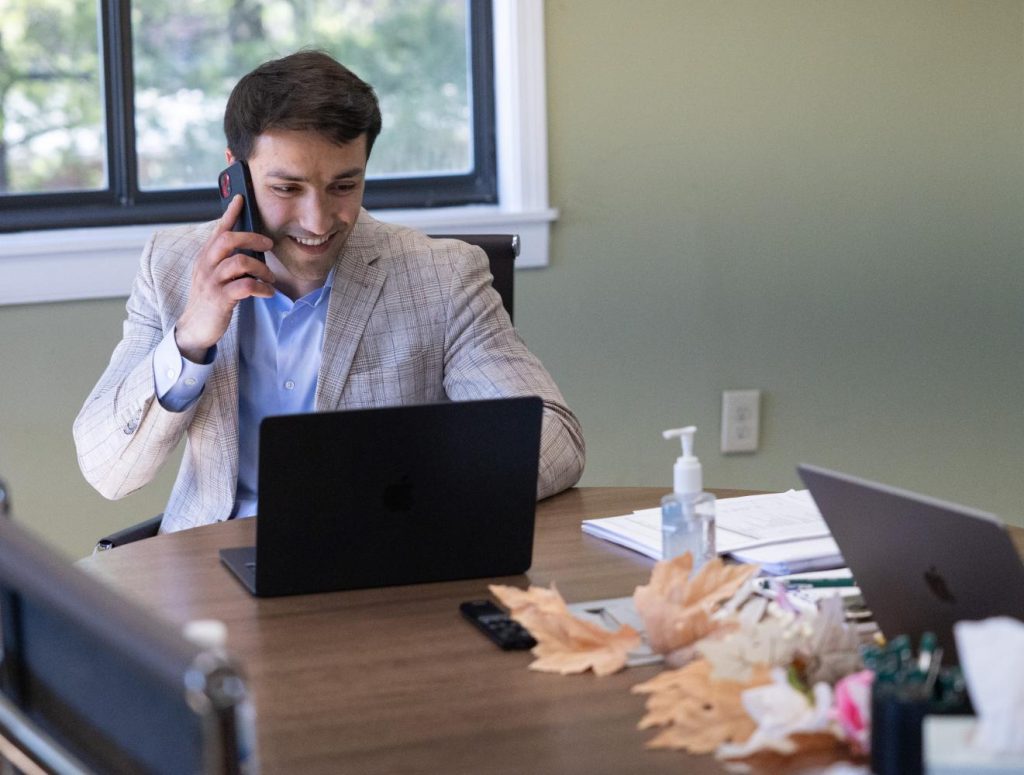
After graduating from WKU in 2019, Kenan Mujkanovi pursued his law degree at the University of Louisville and is now working as the owner and attorney of Fountain Square Title and Escrow real estate company.
“Law school was tough, but I knew that understanding the legal system would allow me to
help my community in meaningful ways,” Kenan Mujkanovi said.
Ilma Mujkanovi, following in his footsteps, is already gaining courtroom experience as a young justice serving on the Warren County Teen Court board, where teens represent and sentence their peers according to the Bowling Green Daily News.
“She’s getting real courtroom experience at such a young age,” Kenan Mujkanovi said. “It’s incredible seeing her advocate for other youth and learning how the justice system works first hand.”
He sees her involvement as another example of how the younger generation of Bosnians in Bowling Green is stepping up to take on leadership roles and contribute to the community.
In addition to Ilma, Kenan’s brother Amar Mujkanovi is a senior studying finance at Western Kentucky University, and works alongside Kenan at his law firm and has his own clothing brand, Iron Temple.
Kenan Mujkanovi’s involvement reaches further than his legal work; he is also engaged in nonprofit efforts through his own organization, the Young Visionaries Foundation. With a mission to combat poverty and promote youth education, he said he has hosted events such as Thanksgiving turkey drives and book giveaways for the Bowling Green community.
“Giving back has always been important to me,” Kenan Mujkanovi said. “It’s about making sure the next generation has the opportunities our parents worked hard to give us, and to give our voice a place in the community.”
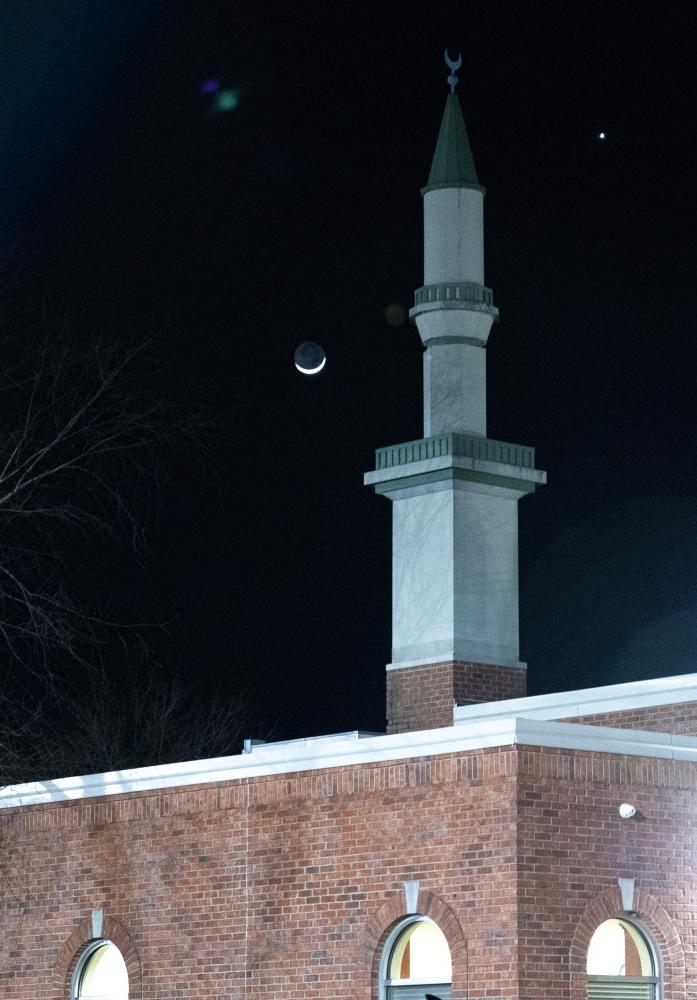
Members of the Bosnian community in Bowling Green have worked to preserve their cultural heritage while also contributing to their new community. Kenan Mujkanovi noted that this dual focus on honoring the past and participating in the present is an important aspect of their efforts.
“We believe it’s a greater blessing to give than receive,” Kenan Mujkanovi said. “We’re here to contribute, to grow and to honor the sacrifices our parents made for us. Their struggles paved the way for our success, and it’s our responsibility to ensure that future generations continue that legacy.”


